Personal Training and Nutrition: The Key to Achieving Your Fitness Goals

Reaching your fitness goals isn’t just about training hard—it’s about supporting your body with the right nutrition. When movement and meals work together, everything becomes easier: energy increases, recovery improves and progress accelerates.
Food provides the fuel, repair materials and micronutrients your body needs. Every balanced meal—whether it’s a protein-rich breakfast or a nourishing dinner—helps prepare you for powerful workouts and faster recovery. When training and nutrition align, you create a foundation for strength, stamina and long-term vitality.
Fueling Energy and Recovery
1. The Role of Macronutrients
Carbohydrates, proteins and fats each play a critical role in your training:
- Carbohydrates (oats, rice, pasta, potatoes) provide steady energy for workouts.
- Protein (chicken, eggs, tofu, Greek yoghurt, lentils) repairs and rebuilds your muscles.
- Healthy fats (avocado, nuts, olive oil, oily fish) support hormones and provide long-lasting energy.
Balancing these macronutrients helps you push harder in the gym and recover more effectively.
2. The Power of Micronutrients
Micronutrients keep your body functioning at its best:
- Calcium & magnesium support bones and nerve function.
- Iron & B vitamins help transport oxygen and boost energy.
- Zinc & vitamin C strengthen the immune system.
- Antioxidants from colourful fruits and vegetables reduce inflammation and speed recovery.
A varied, nutrient-dense diet enhances performance and protects long-term health.
3. Hydration for Performance
Proper hydration impacts every rep, sprint and stretch.
Water:
- supports nutrient delivery
- regulates core temperature
- maintains energy and focus
During longer or intense sessions, electrolytes (sodium, potassium, magnesium) prevent cramps and keep performance consistent.
Carrying a refillable bottle and sipping throughout the day is one of the simplest ways to improve your training.
Crafting a Personalised Nutrition Plan
1. Baseline Assessment
Start by tracking your meals, snacks and activity for a week.
This helps you identify:
- missed meals
- low-nutrient choices
- portion issues
- calorie gaps
- patterns affecting progress
A personal trainer or nutrition-aware coach can help analyse this data and create a personalised plan.
2. Goal-Driven Adjustments
Your nutritional needs depend on your goal:
- Fat loss: aim for a moderate deficit (500–700 calories below maintenance).
- Muscle gain: maintain a small surplus (200–300 calories above maintenance).
- Endurance: increase carb intake around training.
These controlled adjustments prevent fatigue and help you progress consistently.
3. Meal Frequency and Timing
Eating 3–5 balanced meals per day helps maintain stable energy and prevents overeating.
General guidelines:
- Before training: carbs + a little protein (banana + yoghurt, oats, toast with nut butter).
- After training: protein + carbs for faster recovery.
- Busy days: light snacks work if you can’t eat full meals.
Meal timing should support your lifestyle—not complicate it.
Boosting Performance and Repair
1. Pre-Workout Fuel
About 60–90 minutes before training, choose:
- wholegrain toast with nut butter
- Greek yoghurt with berries
- banana + a scoop of whey
- porridge with fruit
These boost glycogen stores and stabilise energy.
2. Post-Workout Recovery
Within 45 minutes of training:
- 20–30g quality protein (whey, eggs, Greek yoghurt, plant blends)
- fast-digesting carbs (fruit, rice, sports drink)
This combination restores energy and accelerates muscle repair.
3. Useful Supplements (When Needed)
Food comes first—but supplements can help:
- Creatine monohydrate: improves strength and power
- Protein powder: convenient for busy days
- Electrolytes: support hydration during tough sessions
- Omega-3s: reduce inflammation and improve recovery
These should complement good nutrition, not replace it.
Managing Body Composition
1. Create a Moderate Calorie Deficit
For fat loss, aim for around 0.5kg per week by reducing calories moderately—not drastically.
Extreme deficits slow metabolism and impact training quality.
2. Portion Control Strategies
- use smaller plates
- measure carb-heavy foods
- include veggies + protein at each meal
- chew slowly and pay attention to fullness cues
This helps prevent overeating while keeping meals satisfying.
3. Plan Ahead
Meal prepping saves time and reduces the temptation to make poor choices.
Prepare:
- lean proteins
- whole grains
- chopped vegetables
- smart snacks (nuts, yoghurt, fruit)
This ensures you always have healthy options ready to go.
Maximising Muscle Growth
1. Prioritise Protein
Aim for 1.6–2.2g of protein per kg of bodyweight daily, spread across 4–5 meals.
2. Smart Carb Use
- High-GI carbs post-workout → faster recovery
- Low-GI carbs on rest days → stable energy
This keeps training intensity high while supporting long-term progress.
3. Include Healthy Fats
Aim for 20–25% of daily calories from quality fats—olive oil, nuts, seeds, oily fish.
These support hormone function and recovery.
4. Monitor & Adjust
Track progress every 4–6 weeks:
- body measurements
- strength improvements
- recovery quality
If progress stalls, adjust calories slightly or tweak macros with guidance from a knowledgeable coach.
Fueling Success with TWC Personal Training
Training and nutrition work best when they work together. At TWC Personal Training, we combine personalised coaching, structured exercise plans and practical nutritional guidance to help you:
- burn fat
- build muscle
- improve performance
- stay consistent
- achieve long-term results
Our private 1:1 sessions in Marlow provide the focused environment you need to progress with confidence.
Ready to transform your body and mindset through structured training and smart nutrition?
📧 [email protected]p
📞 07868 022726
Let TWC Personal Training guide you with a personalised plan that fuels your goals—because when your training and nutrition align, every goal becomes achievable.
Get Started!
How Can I Help You?
I would be delighted to connect with you and address any inquiries or questions you may have. Please feel free to reach out to me using the contact information provided below.
